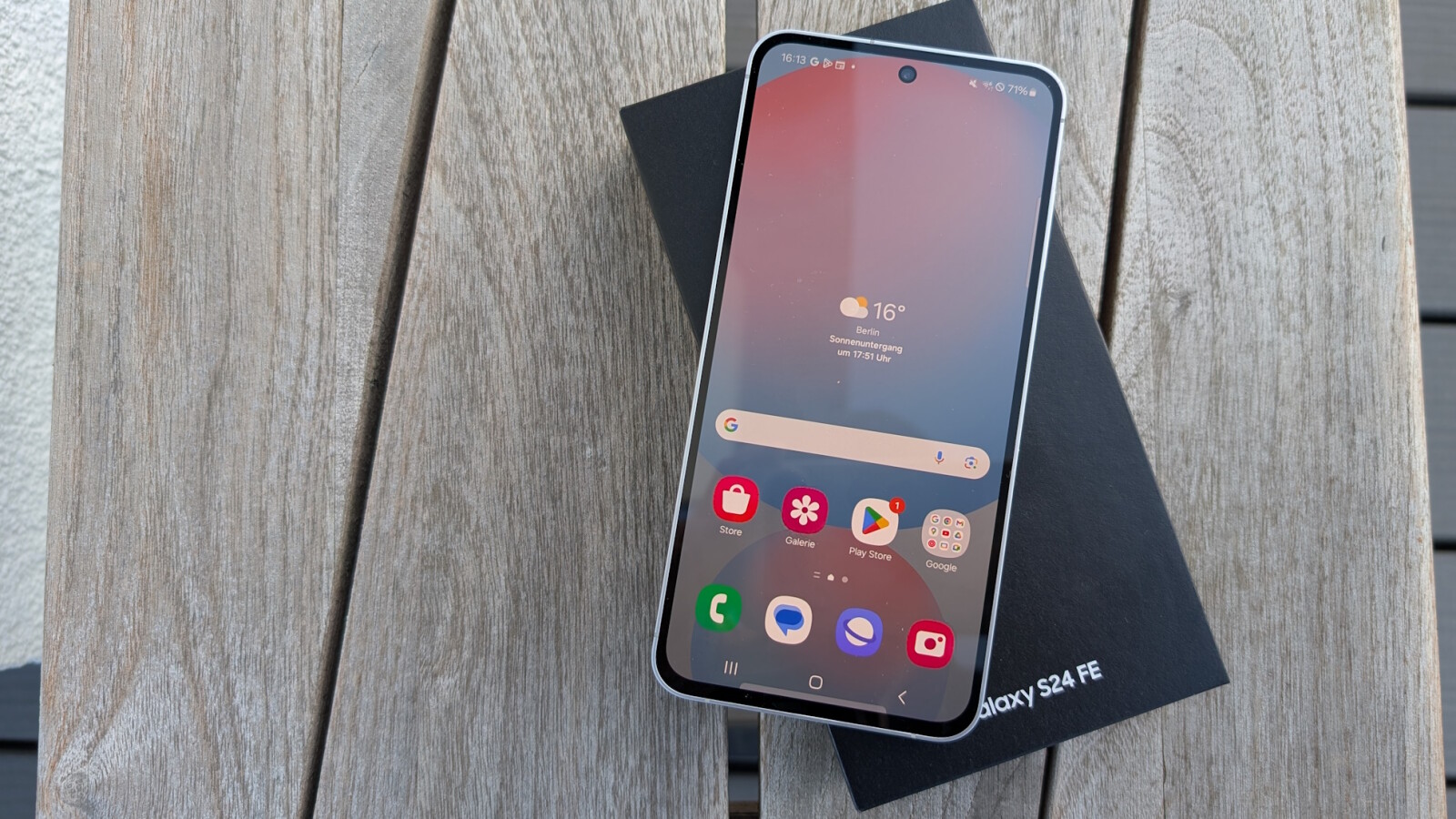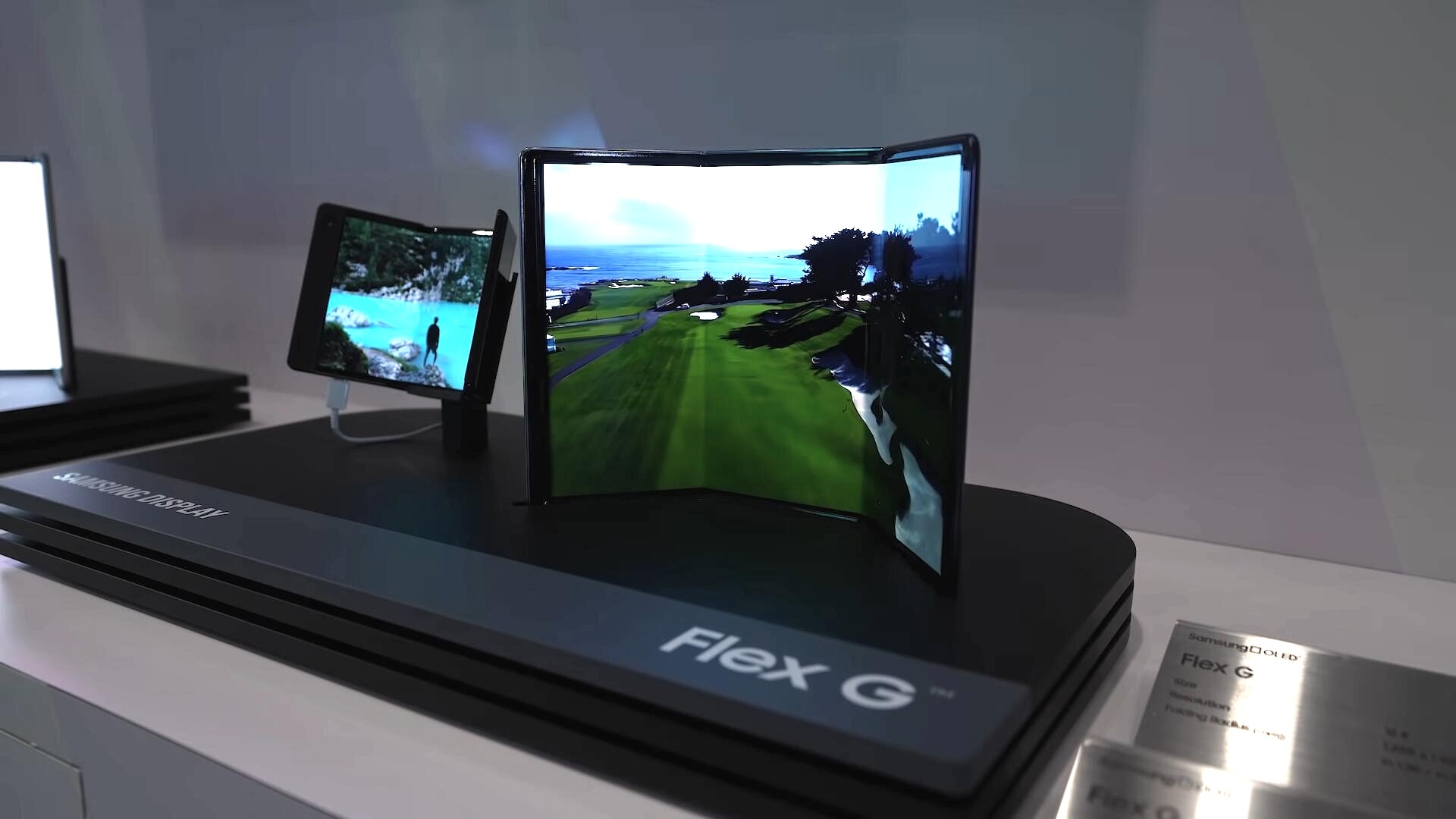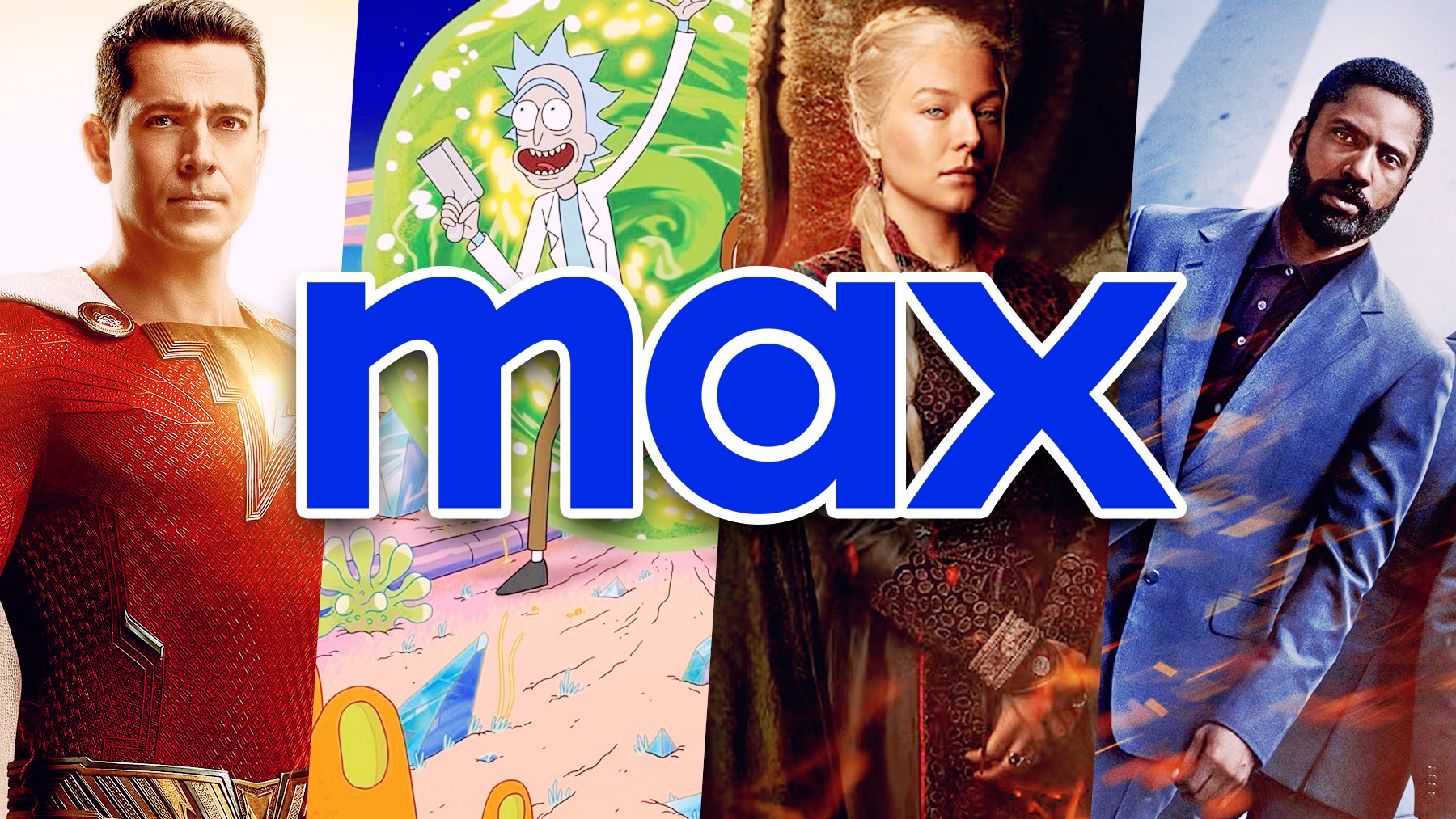The data is in: Apple generates more profits from video games than Nintendo, Sony, Microsoft and Activision Blizzard togetherIt’s not that the Apple Arcade subscription generates so much interest, but that all purchases of classics, new releases or micropayments have been managed through the AppStore. As you may have noticed, in the latter we already referred in terms of the past: despite all the obstacles, which have not been few, Epic Games Store has arrived on iOS, has also landed on Android and this has only been the fall of the first domino piece.
The reasons for this move by Epic are self-explanatory: the gaming market on iOS and Android It’s colossal. To give us a quick picture, during the legal process for the acquisition of Activision Blizzard, Bobby Kotick himself revealed that the majority of Call of Duty players were on mobile with an absurd proportion of 51% (at least in 2023) compared to 25% on PCs, with PlayStation and Xbox sharing the remaining 24%. Reasons of great weight why, as we will see a little later, the colossal Xbox will soon follow in Epic’s footsteps.
As obvious as it may sound, it’s time to go back to the first paragraph and clarify a basic concept: with so much Free-To-Play and payments of less than a euro, how is so much money generated from mobile devices? The triple key is both the volume of players and the attractive prices of the content and the profit margin of Apple, who (like Steam, PlayStation or any platform) obtains a set percentage – 15% in the case of small developers – with each purchase. So that small percentage applied to countless buyers, sometimes one-time and sometimes recurring, results in an enormous daily sum.
More specifically, we’re talking about everything from Call of Duty battle passes for mobile to anything in the Brawl Stars or Roblox store, to the pocket version of must-haves like the classic Final Fantasy VII at around $17.99, which, while not an outrageous price on PCs or consoles, is a huge threshold for mobile gamers. What’s more, if Apple were to raise its prices, apps, in-app purchases, and everything else would be completely affected.
What if there was a second store on mobile devices where these contents could be purchased for a little less? Naturally, gamers who tend to spend more would opt for this alternative. And Epic Games knows it very well.
The battle between Apple vs Epic Games is not over: now is when it really begins


With the arrival of its store on iOS and Android, Epic Games has scored a goal it had been trying to score for at least four years. In fact, the long and short of it all is that it pissed off Apple, and according to the company itself it was not for money but to serve as an icebreaker in the mobile device market. Microsoft itself, to no one’s surprise, sided with Epic since it shared the same goals. Today, that wall has been torn down.
“Epic is not seeking monetary compensation from this Court for the harm it has suffered, nor is it seeking favorable treatment for itself as an individual company. Instead, Epic is seeking injunctive relief that would allow for fair competition in these two key markets that directly affect millions of consumers and tens of thousands, if not more, third-party applications.”
Let’s just put it into context a little and understand where this comes from: in mid-August 2020, Epic itself openly challenged the Appstore rules by enabling direct purchases of both content and game currency for Fortnite at a lower price. To put it bluntly, if you made the purchase directly from Epic Games, they wouldn’t charge you what Apple would normally take.


Needless to say, this action directly contradicted the terms agreed to publish the Battle Royale in the iOS store and the consequence (the penalty) was the removal of the game in record time from Apple’s mobile phones and tablets. As a side effect, the huge revenues obtained in Fortnite from mobile devices evaporated overnight and this led to a long trial. From here, it was decided to legislate and, from Europe, the wind blew in Epic’s favor, guaranteeing the entry of the Epic Games Store to iOS four years later. In the case of Android, the step was simpler and its alternative to the Google Play Store is available worldwide.
That said, the process for adding the Epic Games Store to the iPhone, for example, has to be done in a detour: you have to go to the website provided by Epic (epic.download) and request the installation, then manage the permissions from the device settings and, once these two steps have been taken, start the download of the app. Put like that it may seem complicated, but in this video you will see all the steps in a simple way.
However, and this is essential, the Epic Games Store app that we have today cannot compete with either the Apple Appstore or the Google Play Store, and much less with the Steam or PlayStation apps: far from matching the catalog of the PC version, when you open it We will only see three unique games: the return of Fortnitea tailor-made version of Rocket League and, for the first time, the authentic Fall Guys lands on iOS and Android. Which will upset the plans of other established sagas such as Stumble Guysfor the record. All this fuss for just three video games?
Logically, this is where the really interesting part begins: the return of Fortnite This does not mean the end of the battle between Apple and Epic Games, but rather the beginning of the real war, given that successful titles such as the sagas of the Hoyoverse (Genshin Impact and others) or the mobile bets of Ubisoft, Electronic Arts or indie publishers may decide to go directly to the pocket version of the Epic Games Store instead of the Appstore or Google Play if the profit margins are higher or they can enable more attractive prices. However, it is most likely that, once the ice is broken, take the same step.
The new landscape after the arrival of the Epic Games Store on mobile devices


Until very recently, if you wanted to play on your Apple mobile (or tablet) bypassing the AppStore, you had to take a series of very strange steps or sneak in through the cloud game. In fact, until now there was only one way to play Fortnite mobile phones.
Typically, the Apple company used its store to filter and protect the content on its devices, so in the case of cloud gaming on Xbox Game Pass or Amazon Luna, the process involved creating a shortcut in the web browser and, simplifying the idea a lot, it involved having to adapt as a player to the possibilities of Safari as a gaming platform. Something that was like that until very, very recently. On the other hand, it prevented Epic from getting in. That’s over.
At this point it is worth mentioning and making a distinction between remote play and purchases from an external app on iOS devices. From the PlayStation app or Steam Link -for example- it is possible to play on your console or PC and even purchase games for these systems, but with the rules as they were until now.
In other words, you can buy Astro Bot on PS5 and play remotely using your phone as long as your console’s WiFi reaches your iPhone, which technically allows you to buy and play without paying Apple a cent. However, we agree that this is more of a workaround than anything else. Or at least, It is not ideal.


Epic Games’ move is just the tip of the iceberg of what’s to come: Microsoft has thrown off many ties to launch its own store on mobile devices, which it has already announced, and it’s a move that makes a lot of sense now that it has established series within the platform like Call of Duty y Warzone, Warcraft Rumble, Bethesda franchises and, not too long from now, the long-awaited Age of Empires Mobile. Not to mention the irreducible solitaire, of course. Xbox not only fought for Activision and Blizzard, but also for King, the creators of Candy Crush.
Faced with this situation, Apple has reacted in two ways over time: the first thing it has done is launch its own big games, such as Resident Evil 4 or Death Stranding. Logically, through the AppStore. However, it is only a matter of time before titans like the Supercell sagas (Clash of Clans, Brawl Stars, Clash Royale), Roblox or Niantic, the creators of Pokémon Go, may be tempted to take their own initiatives to make their in-game purchases more attractive.
The most lucrative video game market is fragmenting. Is that a good thing?


Which brings us to the last point to discuss: And how does this affect me as a player? For starters, Fortnite is back on mobile without having to play in the cloud or from browsers. And we trust that Epic Games and other publishers and developers who until now could not access the AppStore or Google Play Store will find their own way. On the other hand, if there are more stores in addition to the ones there were now, there will be more offers, promotions and discounts. Which will force everyone to be more competitive.
On the other hand, we have the case of Netflix. Its system for installing games is based on its App and redirects you to the stores of each device. Now it can manage its own platform and, even better, enable that application that turns our mobile into a remote control to connect it to the TV. If, in addition, it is acquiring or creating its own, we can even anticipate its next moves.
For now, Epic is celebrating with themed content and is returning to regain lost ground with titles that fit perfectly with the profile of mobile gamers. Especially now that Fortnite is more than just a Battle Royale: it’s a gaming platform that includes music, driving, and even LEGO experiences.


From here on the possibilities only grow exponentiallyEpic Games has broken the deck and, despite adding just three games to the countless that already existed, has completely repositioned the Battle Royale genres and the increasingly numerous substitutes for Fall Guys.
All advantages? We fear that the first big casualty will be your mobile phone battery, but we are looking forward to seeing how each of those involved makes a move and gets their act together in the face of this new reality.
At iGamesNews | When Steve Jobs presented a PlayStation emulator in the middle of an Apple conference
At iGamesNews | Apple and Epic are fighting over a 30% commission. Meanwhile, Roblox is left with a 75.5% success rate like Adopt Me









